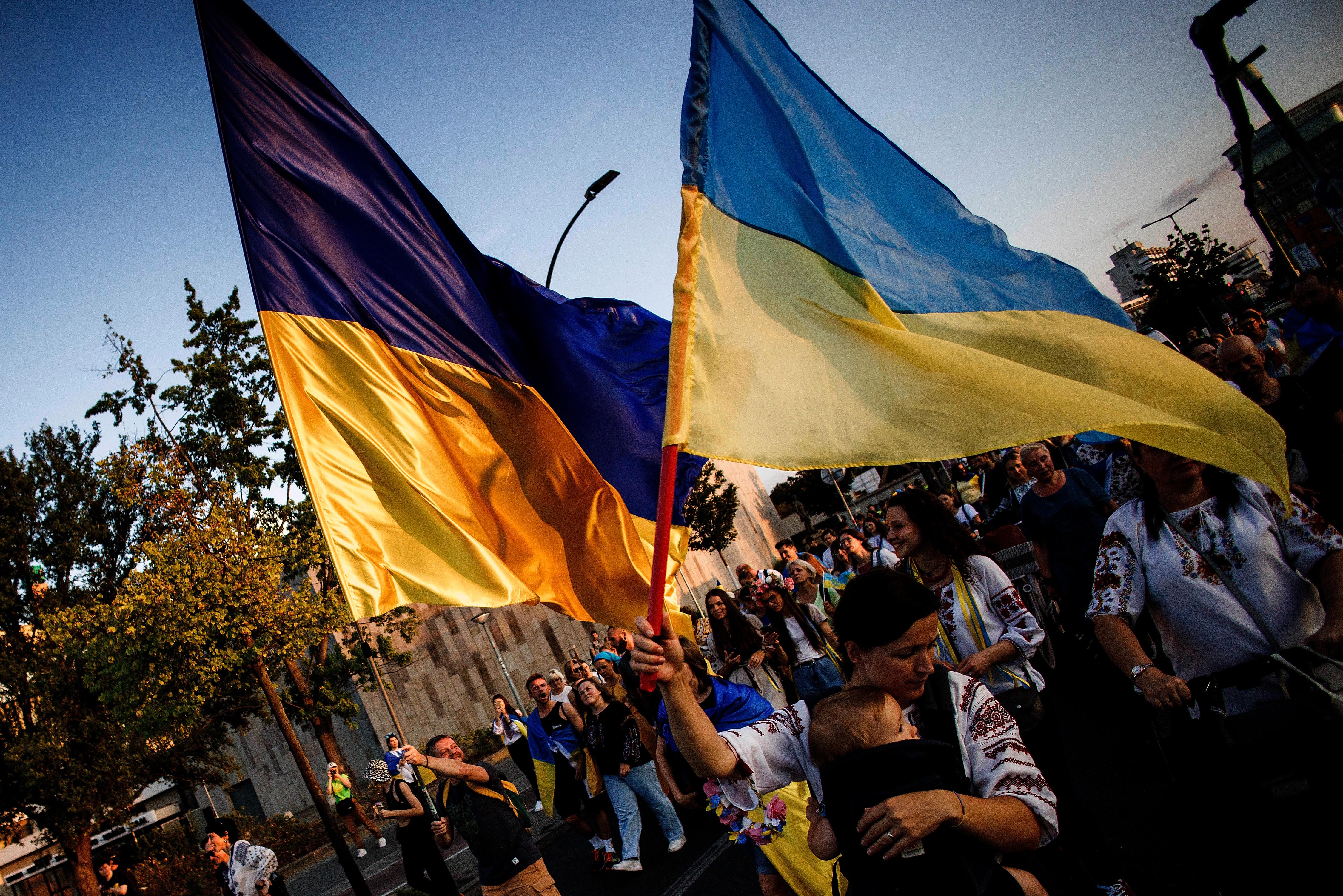What will happen to human rights under Liz Truss?
A ‘hawkish’ position on a handful of countries isn’t necessarily commensurate with a human rights-centred foreign policy


Truss’s most distinctive positioning as foreign secretary has been over Ukraine, with a series of announcements seeking to isolate and weaken Russia while championing freedom in Ukraine.
A slew of sanctions against Russia have grabbed the headlines, but news the UK was sending investigators to Ukraine to gather evidence of war crimes was proof that the task of tackling serious human rights overseas occupies a place in Liz Truss’s worldview. This is to be strongly welcomed.
Second to Russia comes China, over which Truss is adopting an increasingly tough position. If, as reported last week, the Truss administration will declare China a “threat” to the UK’s national security, it seems likely the plight of more than a million Uyghurs and others held in Xinjiang’s vast labour camps may move closer to centre stage in Britain’s China policy. Similarly, under a Truss administration we can probably expect a greater focus on repression in Hong Kong. Again, this is to be welcomed – more pressure on China in relation to its shameful human rights record is long overdue.
However, a “hawkish” position on a handful of countries isn’t necessarily commensurate with a human rights-centred foreign policy. Far more indicative will be the UK’s willingness to challenge an “ally” nation like Saudi Arabia, Israel or the UAE. Or, indeed, the USA, a country with a human rights record worthy of challenge even by a friend – over Guantánamo Bay, its use of mass incarceration, and a record of conducting drone and missiles strikes killing countless civilians in Iraq, Syria, Somalia, Afghanistan and elsewhere.
Will Truss’s government begin to correct past biases on these fronts? The omens are not good. There’s been a deafening silence from the Foreign Office over Saudi Arabia’s scandalous jailing of Salma al-Shehab, the Leeds University PhD student given a swingeing 34-year sentence for tweeting in support of Loujain al-Hathloul and other Saudi human rights defenders. Meanwhile, Saudi Arabia remains the UK’s largest arms market despite a record of indiscriminate attacks in the war in neighbouring Yemen. As trade secretary, Liz Truss was quick to reinstate UK arms exports to Saudi Arabia after a legal challenge temporarily halted them.
The situation is even worse for Palestinians, who have come to expect almost nothing from a UK government. Yes, the UK funds UNRWA projects providing humanitarian relief to Palestinian in the region. And yes, the UK will periodically condemn Israeli settlement building or the demolition of Palestinian homes. But Israel still faces zero concrete consequences for its repeated breaches of international law, including its overarching system of apartheid against Palestinians, and when Amnesty and others condemn this we are contradicted and rebuked.
In its Integrated Review of Security, Defence, Development and Foreign Policy, Boris Johnson’s administration spoke of supporting “open societies and defending human rights” as part of its “force for good in the world” agenda. And it pledged to prioritise working with human rights defenders. In general though, the Foreign Office seems to be adhering to the same old divisions: calling out “hostile” countries like Russia, China, Iran or North Korea, but struggling to put together even the mildest of reprimands in the case of “friendly” nations in the Gulf or across the Atlantic. Or what about India, another important test case? Will the UK, currently negotiating a free trade agreement with New Delhi, continue to ignore how its repressive laws are used to silence critics?
To keep up to speed with all the latest opinions and comment, sign up to our free weekly Voices Dispatches newsletter by clicking here
It may be that Liz Truss will shed some of the policies of the Integrated Review, but she should take seriously some of its key tenets. “A world in which democratic societies flourish and fundamental human rights are protected is one that is more conducive to our sovereignty, security and prosperity as a nation”, it says. This is surely right, though self-interest isn’t the only reason to be a force for good in the world.
Last month the Independent revealed that the Department for International Trade would not be considering human rights issues when negotiating post-Brexit trade deals, with human rights instead left to the Foreign Office. Why should human rights be quarantined like this? Wouldn’t it be sending a terrible message to other countries about how little the UK appears to value human rights and freedoms when trade deals are at stake?
Liz Truss, who has made so much of her trade deals in recent years, needs to rectify this. She also needs to re-centre human rights in UK foreign policy, be prepared to call out friends as well as foes, and – crucially – she also needs to ensure that the UK has its own house in order on human rights.
Sacha Deshmukh is the chief executive of Amnesty International UK

Join our commenting forum
Join thought-provoking conversations, follow other Independent readers and see their replies